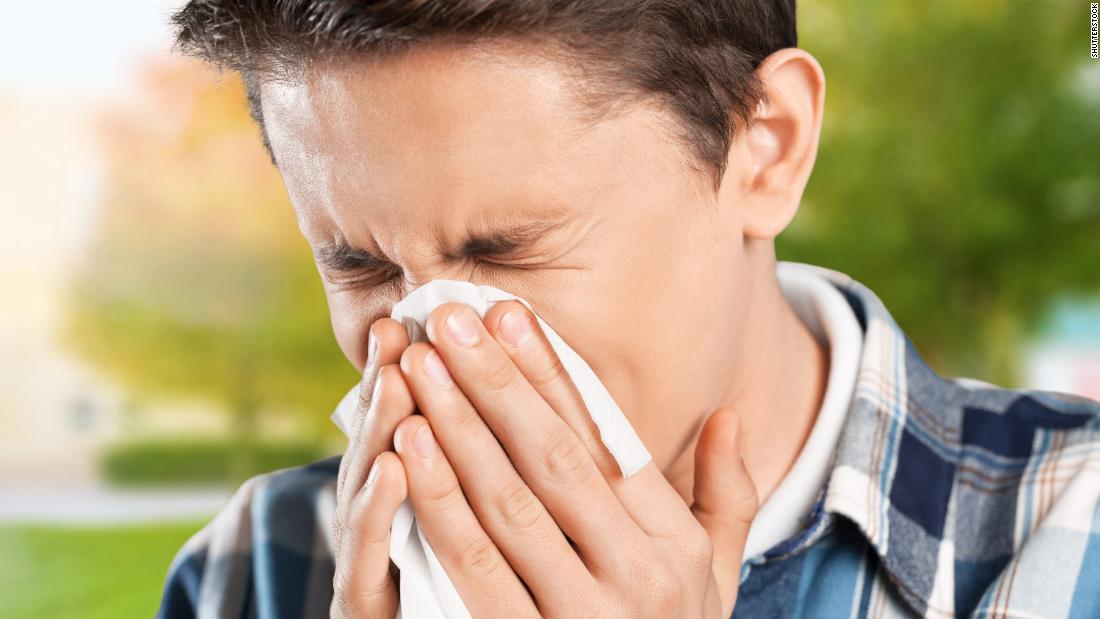
However, these high-risk adults are less likely to receive the vaccine than others, the researchers said at a meeting of the American Heart Association.
Adults over 50 who received flu shots during a hospital stay had a 28% lower risk of having a heart attack the following year. They also had a 47% lower risk of a mini stroke or transient ischemic attack (TIA), 85% lower risk of cardiac arrest, and 73% lower risk of general death.
The researchers looked at the rate at which the flu shot was given to hospital patients who are at high risk of getting the flu and its complications. This includes people over 50, HIV / AIDS patients, people in nursing homes, and obese people.
Only 168,325 patients were vaccinated during the hospitalization of more than 7 million high-risk hospitalized patients, according to the 2014 National Inpatient Sample, the largest U.S. hospital database.
According to the researchers, about 1.8% of hospitalized adults over the age of 50 were likely vaccinated during hospitalization compared to 15% of the general population.
Vaccination rates were also lower for the other high-risk groups.
“The results we found are staggering. It’s hard to ignore the positive effect that the flu shot can have on serious heart complications,” said Roshni Mandania, a medical student at Texas Tech University who led the study team.
“These groups should have the highest vaccination rates because they are at the highest risk,” Mandania added in a statement. “However, our findings show the opposite: Flu vaccines are underused.”
According to the researchers, these preliminary findings only looked at immunization in the hospital setting, and some patients may receive the flu vaccine in outpatient care.
The flu shot does more good
Research has shown that there is no cure for Alzheimer’s yet, but getting a good night’s sleep, nutrition, and exercise can influence a person’s individual risk. Getting vaccinated may fall into that category.
If getting vaccinated against the flu or pneumonia can reduce your risk of Alzheimer’s disease, it’s important that it be released to the public, Alzheimer’s Association science director Maria Carrillo told CNN.
“We need more research to understand what that connection is,” said Carrillo, who oversees the research initiatives for the association.
“Is the vaccine against the disease direct? Or is it protective, as part of the risk reduction strategies we have, such as reducing your BMI (body mass index), monitoring your sugar consumption, controlling your cholesterol and high pressure arterial, exercise, vaccinate, “he added. “It’s one of those health tips that we need to make sure that our public knows.”
.